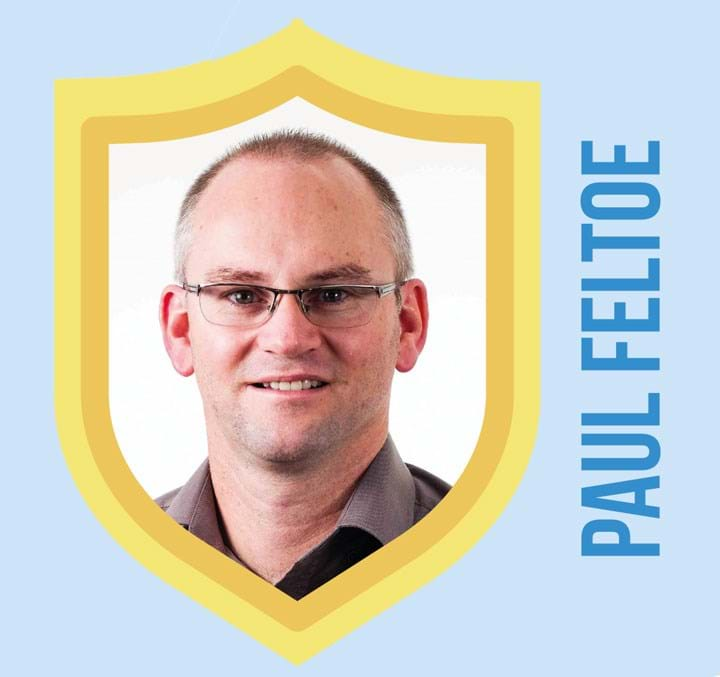Safety is my job: Paul Feltoe

Robin Turney speaks to Paul Feltoe about his role in process safety consulting
Paul Feltoe gained a BSc in chemical engineering from the University of Canterbury, in 1993. He is a Fellow of the Institution and a Professional Process Safety Engineer.
PAUL, HOW WOULD YOU DESCRIBE YOUR CURRENT ROLE?
As Managing Director of Safety Solutions my responsibilities involve managing and developing the business as well as acting as a process safety consultant across New Zealand and Australia.
IS IT POSSIBLE TO DESCRIBE AN AVERAGE WEEK?
Not one week is the same. One could include facilitating workshops or delivering a training course. Other weeks could be the development of safety management systems. With such wide variety of work and responsibility there is an immense amount of diversity in the types of work and people I interact with.
WHICH PARTS OF YOUR WORK DO YOU FIND MOST INTERESTING?
I like working with new sectors that have not traditionally implemented process safety management (PSM). Often I need to work out how PSM relates to their context and I enjoy it when these clients have “Ah-ha!” moments when a gap is identified, and they start to see benefit in the process. I feel that my impact is the greatest in this situation as the leader can influence ongoing change. Gaps could be technical or in how the organisation is functioning. The latter often involves having difficult conversations with company leaders, but persistence can lead to significant outcomes.
WHAT PROCESS SAFETY SKILLS AND EXPERIENCE HAVE BEEN IMPORTANT IN YOUR ACHIEVEMENTS?
My PSM experience, initially developed in the hydrocarbon industries, has helped me transfer know-how to other sectors such as power, food, pulp and paper and water-treatment sectors. The hydrocarbon sector has a lot of historical process safety capability and I have been in a unique position to transfer much of this “good practice” to other sectors as they grow and mature.
HOW DO YOU EXPECT PROCESS SAFETY TO CHANGE AS WE MOVE TOWARDS NET ZERO?
I foresee a significant reduction in the use of hydrocarbons as a transport fuel and a significant increase in the use of electricity and associated storage. On balance, I feel that the overall potential for significant catastrophic events will reduce.
I think that the application of process safety will shift away from preventing loss of containment and move towards loss of control. There is likely to be greater emphasis on power generation and electricity storage. With this in mind, the process safety community will need more contribution from the electrical community.
HOW HAS ICHEME HELPED IN YOUR CAREER?
Being a member of IChemE facilitates access to networks of like-minded people, training courses, conferences and literature. I have met numerous people at IChemE events that have influenced my thinking, career development and work opportunities.
DO YOU HAVE ANY ADVICE FOR AN ENGINEER THINKING OF MOVING INTO PROCESS SAFETY?
My advice would be that process safety is relevant for all sectors and covers technical and management potential. You will get the opportunity to make organisations safer and make a difference.
This article is one of a number which will be published in TCE during 2022. All the profiles can be seen on the Process Safety Section of IChemE’s centenary website. Read more at: https://www.chemengevolution.org/processes-safety/safety-is-my-job
Recent Editions
Catch up on the latest news, views and jobs from The Chemical Engineer. Below are the four latest issues. View a wider selection of the archive from within the Magazine section of this site.




